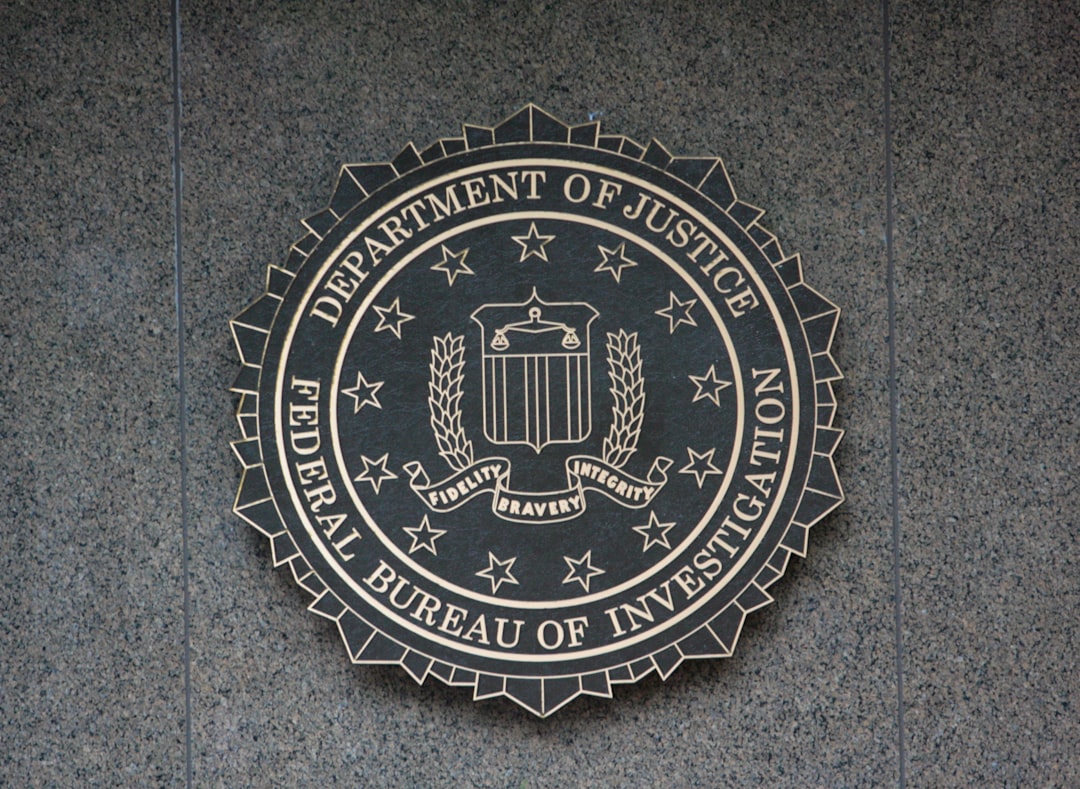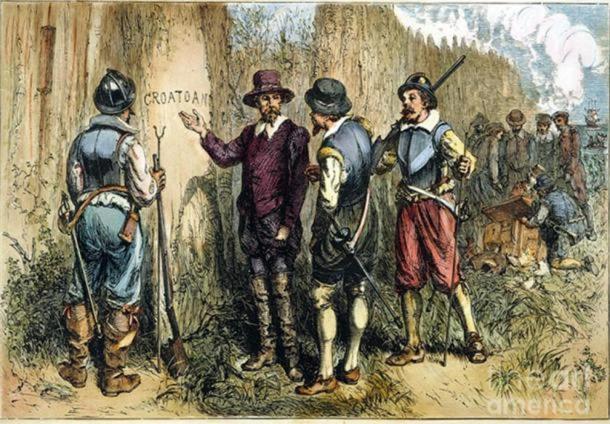Why This Indictment Feels Like Revenge (image credits: Unsplash)
Alexandria, Virginia – The air in the federal courthouse hung heavy with anticipation as the former FBI head faced his accusers, his voice steady amid the flash of cameras and the weight of years-long grudges.
Why This Indictment Feels Like Revenge
Picture this: a top lawman, once at the helm of the nation’s premier investigative agency, now standing trial for words spoken under oath. James Comey, fired by President Trump back in 2017, got hit with federal charges last month over his 2020 Senate testimony about the Russia probe. Prosecutors claim he lied and obstructed, but his team calls it pure politics.
It’s no secret Trump has long painted Comey as public enemy number one, blaming him for the Russia investigation that dogged his first term. Now, with Trump back in power, the Justice Department moved fast. Comey’s lawyers argue the timing screams vindictiveness, especially after memos showed prosecutors initially saw no case.
This isn’t just about one man; it’s a test of whether the legal system bends to political winds. Comey’s plea yesterday— a firm not guilty—sets the stage for a showdown that could expose deeper cracks in American justice.
The Charges Unpacked: What Did Comey Allegedly Do?
At the heart of it all are two felonies: making false statements and obstruction during that 2020 hearing. Comey discussed his role in probing Trump campaign ties to Russia, including memos he wrote about private chats with the then-president. The indictment says he twisted facts to downplay sensitive leaks.
But Comey insists everything he said was truthful, backed by years of scrutiny from inspectors general who cleared him before. His defense points to Trump’s handpicked U.S. attorney in Virginia pushing this forward despite weak evidence. It’s a classic he-said, she-said, but with national security stakes.
Legal experts whisper that proving intent here will be tough. Without solid proof Comey meant to deceive, the case could crumble early.
A Timeline of Tensions: From Firing to Federal Court
Comey’s story with Trump started rocky and got rockier. In 2017, Trump abruptly canned him mid-Russia investigation, sparking cries of obstruction. Fast forward to September 2025: a grand jury indicts him on these charges, just weeks after Trump’s inauguration.
By October 8, Comey walks into court in Alexandria, pleads not guilty, and gets a trial date of January 5, 2026. That’s barely three months away, leaving little room for delays. His team already filed motions to toss the case as “vindictive prosecution.”
This rapid pace feels engineered, say observers, to keep the pressure on before any appeals gain traction.
What’s at Stake for Comey and Beyond?
For Comey personally, conviction could mean years behind bars and a tarnished legacy. At 65, he’s built a post-FBI life as author and commentator, but this cloud hangs heavy. More than that, it risks validating Trump’s narrative of a “deep state” out to get him.
On the flip side, an acquittal might embolden critics of the administration, highlighting overreach. Civil liberties groups are watching closely, fearing a precedent for targeting foes.
The ripple effects could touch ongoing probes into January 6 or election interference, reminding everyone that justice isn’t always blind.
Key Players in the Drama
Trump looms large, having publicly demanded Comey’s prosecution. His pick for U.S. attorney, Lindsey Halligan—once his personal lawyer—oversaw the indictment, raising eyebrows about impartiality. Judge Michael Nachmanoff, presiding, has a rep for no-nonsense rulings.
Comey’s defense squad, led by veterans from high-profile cases, plans aggressive challenges. Witnesses might include former aides or senators from that 2020 hearing, turning the trial into a revisit of 2016’s chaos.
- Trump: The catalyst, pushing for charges via social media rants.
- Halligan: The prosecutor with Trump ties, facing bias claims.
- Nachmanoff: The judge deciding if the case proceeds.
- Comey’s team: Betting on dismissal before trial even starts.
Looking Ahead: Trial Twists and Public Fallout
With trial looming in early 2026, expect motions flying—challenges to evidence, claims of selective prosecution. If it goes full steam, jury selection alone could drag, sifting for unbiased minds in a polarized nation.
Public reaction splits along party lines: some cheer it as accountability, others decry it as authoritarian flex. Media frenzy will amp up, with every filing dissected on cable news.
Whatever the outcome, this saga underscores how personal vendettas can infiltrate the halls of justice, leaving us all to ponder the fragility of fair play.
Key Takeaways
- Comey’s not guilty plea signals a fierce defense against what he calls political targeting.
- Trial set for January 2026 could drag on with pretrial battles over evidence and bias.
- This case tests the boundaries of using the DOJ for retribution in a divided America.
In the end, Comey’s stand isn’t just about one indictment—it’s a mirror to our democracy’s resilience. Will the scales tip toward truth or power? What do you think will happen next? Share your thoughts in the comments.







